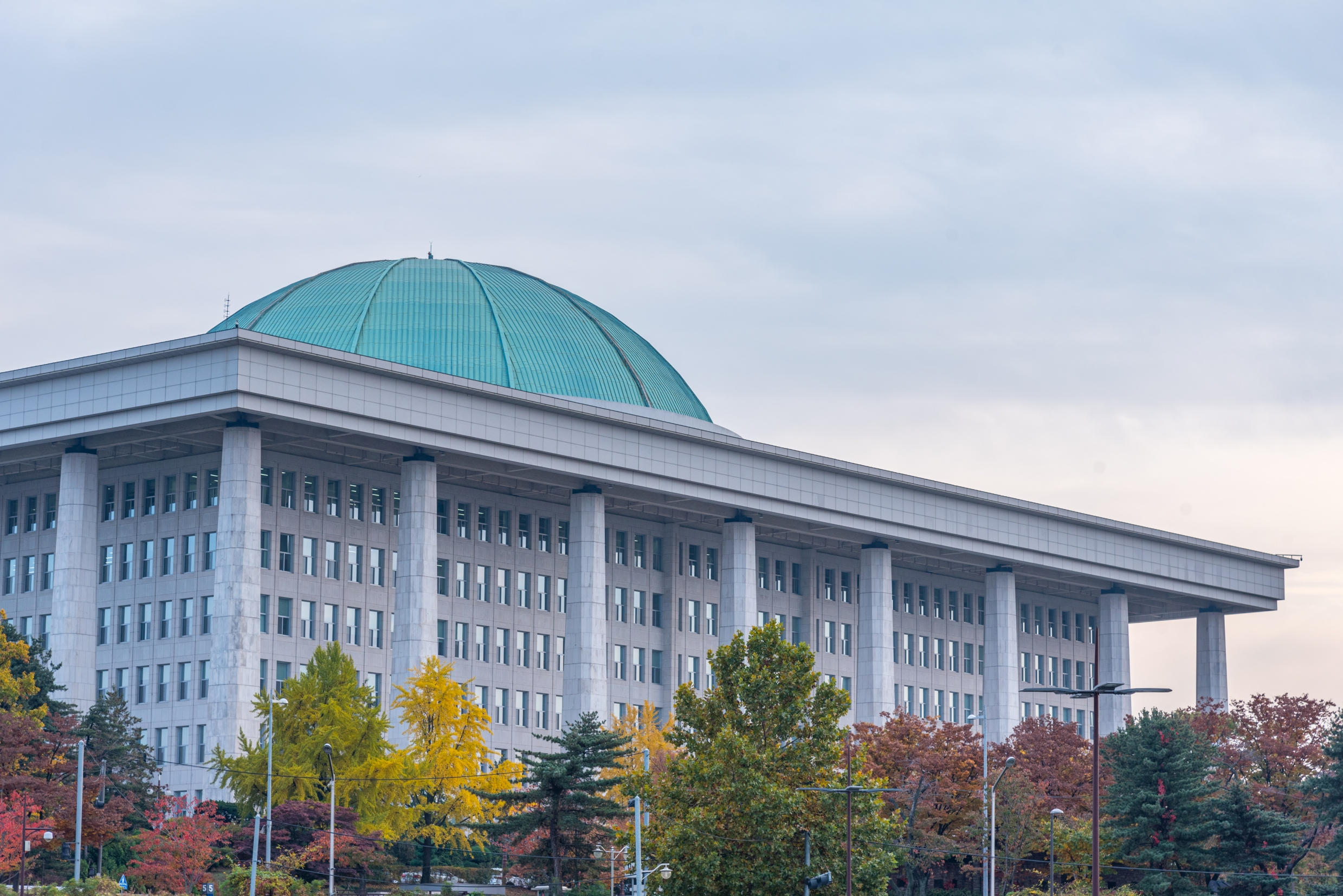South Korea Imposes Martial Law Amid Political Tensions
President Yoon Suk Yeol Accuses Opposition of “Anti-State” Activities
Published on [Insert Date]
Martial Law Announcement
In a surprising and bold move, South Korean President Yoon Suk Yeol declared martial law on Tuesday evening, asserting that the decision was essential to protect the country’s freedoms and ensure constitutional order. This declaration, made during a late-night broadcast on YTN, marks a significant escalation in the ongoing political tensions between the government and opposition parties.
Allegations Against Opposition
During his address, President Yoon accused opposition parties of engaging in activities that he deemed “anti-state.” He claimed that their actions had effectively paralyzed the parliamentary process, which he argued led the nation into a state of crisis. “I am declaring martial law to defend the free Republic of Korea from the threats posed by North Korean communist forces,” Yoon declared, highlighting his government’s concerns over the influence of pro-North Korean elements in domestic politics.
The president’s statement emphasized a perceived existential threat to the nation’s integrity and the safety of its citizens. He stressed the need to act decisively to eliminate these threats, ensuring the freedom and happiness of the South Korean people. “We must secure the integrity of our constitutional order,” he reiterated, indicating the seriousness of his stance.
Context of the Decision
Yoon’s announcement comes amidst heightened tensions on the Korean Peninsula, where North Korea’s military activities have raised alarms in Seoul and internationally. The backdrop of increased missile tests and aggressive posturing from Pyongyang has undoubtedly intensified the government’s focus on national security, contributing to the president’s drastic decision.
In recent months, South Korea has faced political strife, with opposition parties increasingly vocal in their criticism of the government’s policies and actions, particularly surrounding economic issues and public health concerns. Analysts suggest that the political landscape has created a perfect storm, with growing public frustration merging with opportunistic political maneuvers.
Implications of Martial Law
The declaration of martial law raises numerous questions about the measures that will be enforced and the potential impact on civil liberties within South Korea. While President Yoon did not provide specifics about the actions that will be taken under martial law, such declarations typically grant expanded powers to law enforcement and the military, often at the expense of public freedoms.
Historically, martial law in South Korea has been associated with periods of repression and public dissent. Critics of the government worry that such a move might lead to further suppression of opposition voices and civil society, sparking protests and unrest among the populace. This presents a precarious situation, balancing the purported need for security against the fundamental rights of citizens.
Public Reaction
The announcement has sparked a significant reaction across social media platforms and among local commentators. Supporters of the government express hope that the measure will address the perceived threats from the North, while opponents of Yoon’s administration denote this action as an overreach of power that could jeopardize democracy in South Korea.
Human rights activists have also begun to voice their concerns. Organizations both domestically and internationally are keeping a close watch on the situation, fearing a return to the darker days of authoritarian rule that South Korea has fought hard to overcome. The coming days will likely see a surge in public demonstrations, both for and against the government’s new direction.
Looking Ahead
As the situation unfolds, many are left wondering about the future of South Korea’s political landscape. The government’s approach to opposition parties and civil dissent will play a critical role in shaping public sentiment and could have long-lasting effects on the nation’s democratic processes.
Moreover, the ongoing tensions with North Korea may complicate matters further. Critics argue that conflating internal political dissent with external threats could serve to justify increasingly authoritarian measures and distract from pressing domestic issues, including economic challenges and healthcare. Analysts are urged to monitor the developments closely, as the implications of Yoon’s martial law could resonate far beyond immediate political ramifications.
